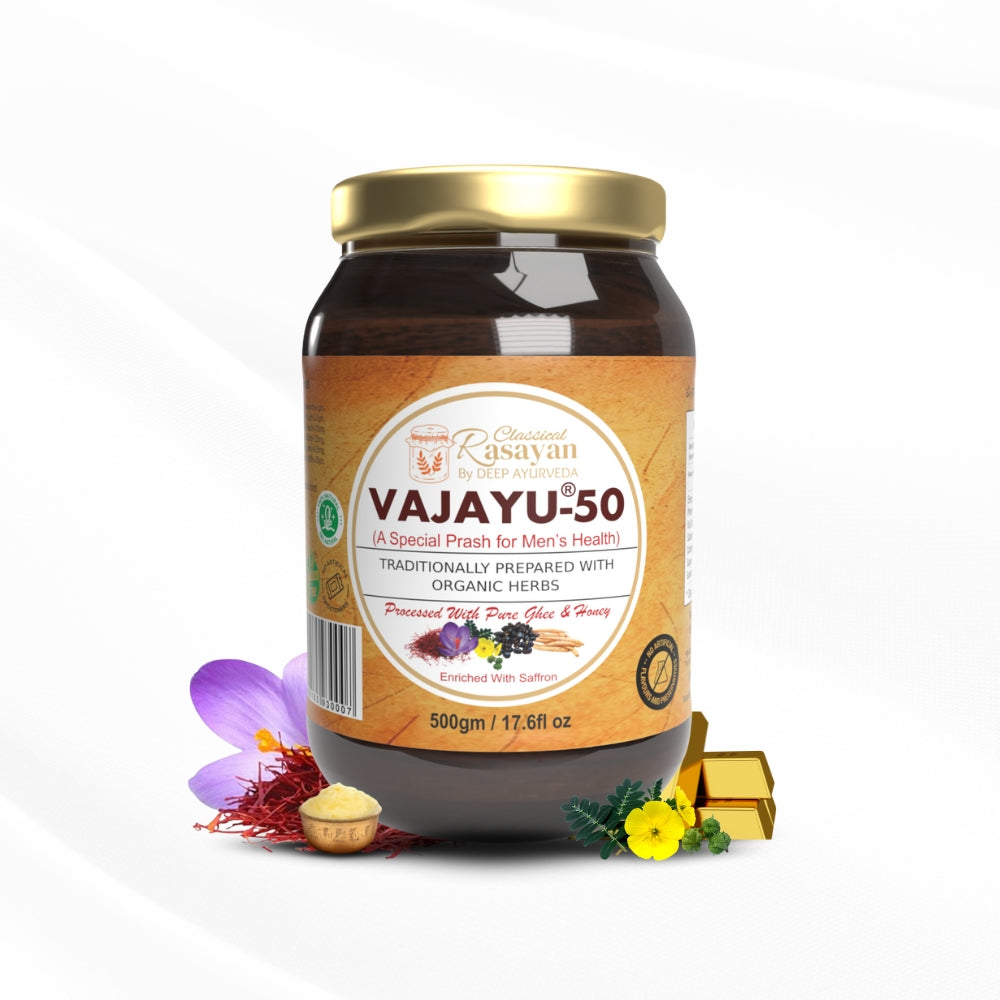Premenstrual Syndrome, commonly known as PMS, is one of the most widespread health concerns affecting women of reproductive age. Almost every woman experiences some form of PMS during her menstrual cycle. From mood swings to physical discomfort, PMS is often misunderstood but deeply rooted in hormonal imbalances that occur before menstruation.
Understanding the causes, symptoms, and natural Ayurvedic remedies for PMS can help women manage their symptoms more effectively and lead a healthier life.
What is PMS (Premenstrual Syndrome)?
PMS is a combination of physical, emotional, and psychological symptoms that occur one to two weeks before menstruation. These symptoms are caused by hormonal changes that affect neurotransmitters in the brain, particularly serotonin. While some women may experience mild discomfort, others can have severe symptoms that interfere with daily life.
How Does PMS Occur?
1. Hormonal Fluctuations
After ovulation, estrogen levels begin to drop while progesterone surges. This hormonal shift triggers common PMS symptoms such as fatigue, bloating, acne, mood changes.
2. Neurotransmitter Imbalance
The decrease in estrogen impacts serotonin levels—a key neurotransmitter that regulates mood. Low serotonin levels can lead to irritability, anxiety, depression, and trouble concentrating.
3. Lifestyle Factors
Poor diet, lack of physical activity, high stress levels, and insufficient or poor-quality sleep can all worsen PMS symptoms.
Common Symptoms of PMS
Physical Symptoms
- Breast tenderness
- Bloating and water retention
- Headaches or migraines
- Fatigue and low energy
- Muscle or joint pain
- Food cravings or changes in appetite
Emotional & Psychological Symptoms
- Mood swings
- Irritability or anger
- Anxiety and depression
- Crying spells
- Difficulty concentrating
Behavioral Symptoms
- Insomnia or sleep disturbances
- Social withdrawal
- Decreased interest in daily activities
Ayurvedic View on PMS
According to Ayurveda, PMS is primarily a result of an imbalance in Vata and Pitta doshas. Vata governs movement and the nervous system, while Pitta regulates hormones and metabolism. An imbalance in these doshas leads to the manifestation of PMS symptoms.
Ayurveda offers a range of natural herbs that help balance the doshas, support reproductive health, and reduce PMS discomfort.
Top Ayurvedic Herbs for PMS Relief
1. Ashoka (Saraca asoca)
Known for its powerful uterine tonic properties, Ashoka regulates the menstrual cycle and balances Vata and Pitta doshas, making it effective in relieving PMS symptoms.
2. Shatavari (Asparagus racemosus)
An adaptogenic herb that enhances hormonal balance and stress response. Shatavari also supports emotional well-being and improves reproductive health.
3. Lodhra (Symplocos racemosa)
Lodhra has anti-inflammatory and hormone-regulating properties that help reduce uterine cramps and maintain hormonal equilibrium.
4. Turmeric (Curcuma longa)
Curcumin, the active compound in turmeric, has anti-inflammatory effects that relieve pain and bloating. Turmeric also aids in blood purification and menstrual detox.
5. Valerian Root (Tagar)
Valerian root has calming effects that improve sleep quality and reduce anxiety. It enhances serotonin secretion without causing grogginess or dependence.
6. Ginger (Zingiber officinale)
Ginger improves digestion, eases bloating, and helps regulate bowel movements that may be disrupted during PMS.
7. Cinnamon (Cinnamomum verum)
Cinnamon helps alleviate uterine cramps, regulate mood, and reduce oxidative stress. It also improves insulin sensitivity which may benefit hormonal balance.
Lifestyle Tips to Manage PMS Naturally
- Follow a balanced diet rich in whole grains, fruits, vegetables, and healthy fats.
- Exercise regularly to reduce stress and improve mood.
- Practice yoga and meditation to balance Vata and Pitta dosha.
- Ensure adequate sleep and maintain a consistent sleep schedule.
- Avoid caffeine, alcohol, and processed foods that can worsen PMS symptoms.
Conclusion
PMS is a common but manageable condition. While hormonal changes are inevitable, understanding their impact on your body and using natural remedies can help ease the symptoms significantly. Ayurveda offers a holistic and time-tested approach to managing PMS through lifestyle balance and the use of herbs like Ashoka, Shatavari, and Lodhra.
By adopting Ayurvedic wisdom and mindful living, women can experience better harmony with their menstrual cycles and overall well-being.






